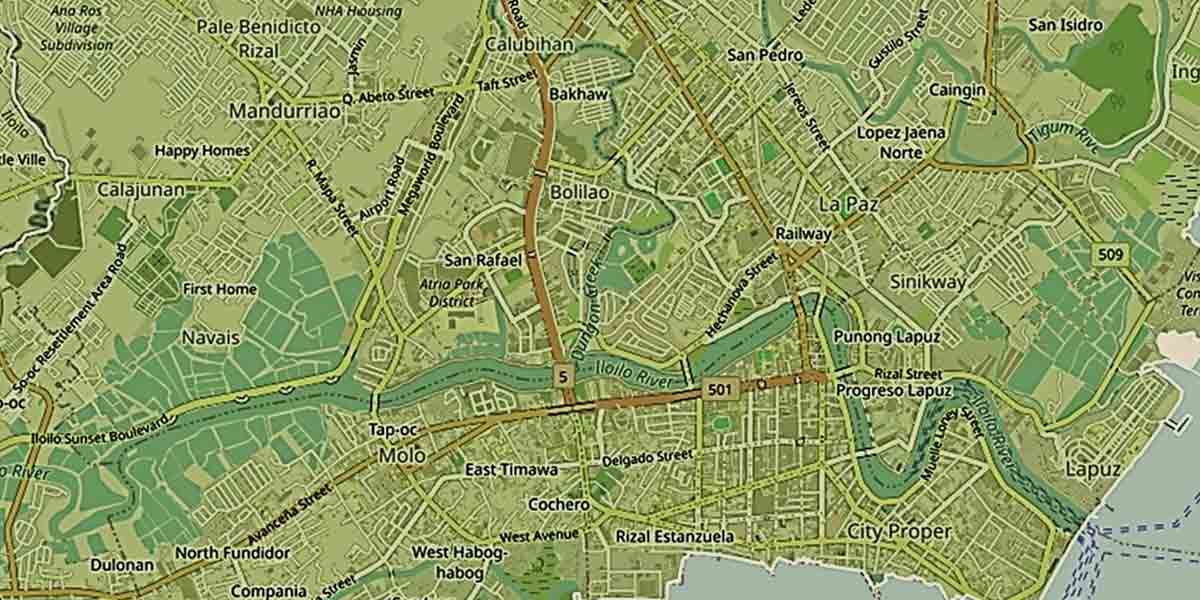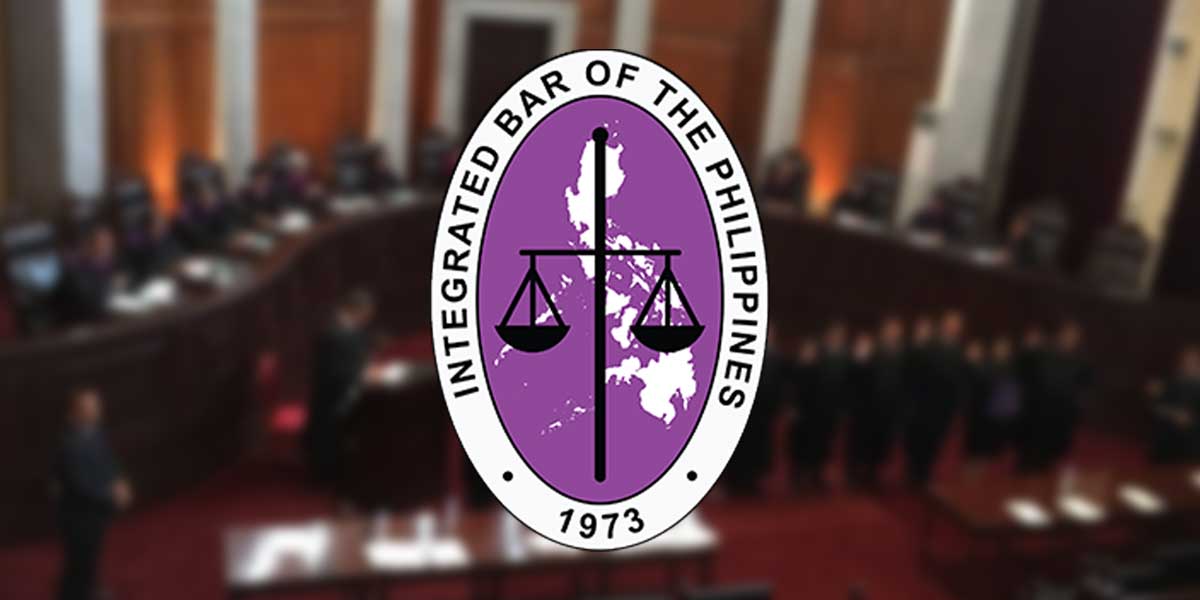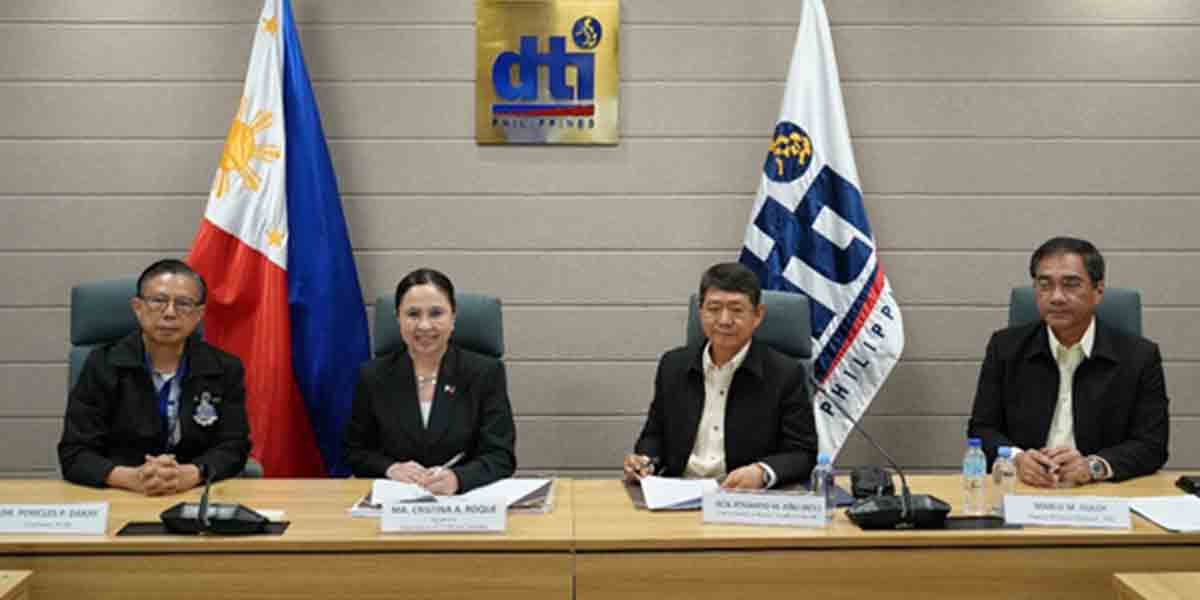 By Atty. Eduardo T. Reyes III
By Atty. Eduardo T. Reyes III
It seems propitious that House Bill 6875 or the “Anti-Terrorism Act of 2020” will be passed into law anytime soon.
Much had been written about the provisions of the bill that seem overly sweeping as to embrace in its wingspan the most innocent of acts merely performed in the exercise of fundamental civil liberties particularly the expression of opinion and the right to be let alone.
But what is equally upsetting is that the proponents and supporters of House Bill 6875 had already labelled the naysayers as terrorists because according to them: only terrorists need to worry about the passage of this new law.
This display of irascibility is most worrying as it serves to betray the legal ignorance of most of the proponents of the new anti-terror law. It buttresses the suspicion that this bill is being enacted into law while unmindful of its legal implications on the Constitutionally-guaranteed freedoms of expression and of privacy.
If, for instance, utterances or expressions in the form of “speeches, proclamations, writings, emblems, banners and other representations” would fall under the definition of “inciting to sedition” under HB 6875, this would seriously impinge on the right to free speech. This right to free speech is so essential as to constitute as a citizen’s duty according to Justice Louis Brandeis, thus: “Therefore, the exercise of the right of free speech is also a citizen’s duty, for its exercise is more important to the nation than to himself …. In frank expression of conflicting opinion lies the greatest promise of wisdom in governmental action; and in suppression lies ordinarily the greatest evil.”
And since the lawmakers are representatives of the people, they are duty-bound to listen to the opinions and ideas of their constituents even as they ought to learn from the wise words of Justice Oliver Wendell Holmes, Jr. about free speech being a prized-commodity in the “market-place of ideas”, thus: “that the ultimate good desired is better reached by free trade of ideas – that the best test of truth is the power of the thought to get itself accepted in the competition of the market and that truth is the only ground upon which their wishes may be safely carried out. That, at any rate is the theory of our Constitution. It is an experiment, as all life is an experiment. (Opinion by Justice Oliver Wendell Holmes, Jr. in Abrams v. United States [1919] as cited in Brandeis, A Life by Urofsky).
Another provision of HB 6875 that is redolent of governmental actions that were previously declared as Constitutionally-infirm in jurisprudential history is the utilization of electronic surveillance in catching a suspected violator. In Olmstead v. United States (1928), where wire-tapping was used by law enforcement officers to pin down Mr. Olmstead for illegal sale of alcohol, and since the police were on the highway and did not enter the premises of Olmstead’s compound, the majority decision of the US Supreme Court was that there was no violation of his right to privacy and against unreasonable searches and seizures. Justice Louis Brandeis dissented and argued against the Constitutionality of wire-tapping even while the police were on the public street by asserting that: “The Fourth Amendment protects people, not places. Experience should teach us to be most on our guard when the Government’s purposes are beneficent … The greatest dangers to liberty lurk in insidious encroachment of men of zeal, well-meaning but without understanding.”
This dissenting opinion of Justice Brandeis was later on adopted as the majority decision of the Court and its rippling effect was recently applied to thermal-scanning which was likewise declared illegal by the US Supreme Court through Justice Scalia.
Thus, the present doctrine is that law enforcement officers will be committing a breach of the Constitutional-right to privacy when they use any invasive means in fishing for evidence, even without stepping within the bounds of one’s home, and even if the purpose is beneficent like to ferret out a criminal. Being interlopers into the citizen’s right to privacy, any evidence they obtain will be deemed inadmissible in court.
The “government is the omnipresent teacher”, according to Justice Brandeis, and therefore it should look to the law and precedents to ensure protection of liberties lest the people it governs follow suit and be law-breakers themselves which could plunge the country into anarchy.
There is no doubt that the threat of terrorism is existential. However, we cannot cower in trepidation and sacrifice the substance and spirit of our civil liberties at the altar of panic, terror or threat.
(Atty. Eduardo T. Reyes, III is the senior partner of ET Reyes III & Associates- a law firm based in Iloilo City. He is a litigation attorney, a law professor and a law book author. His website is etriiilaw.com).























